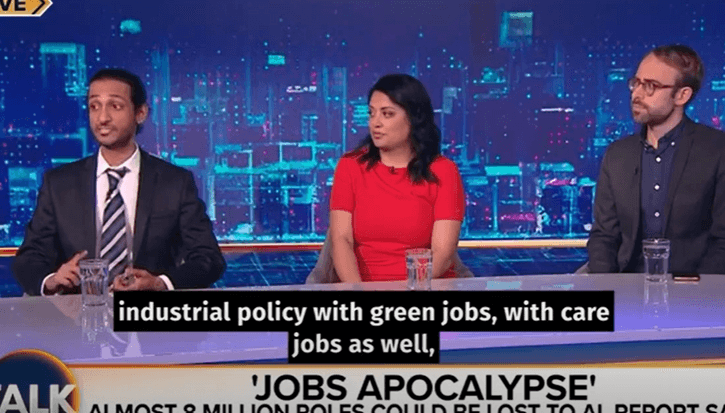All I want for Christmas... Notes from the Paris talks
Amid a cautious spirit of optimism, Diana Fox Carney outlines the stakes of the Paris talks and how business needs to engageArticle
This time last year I was asked to write a 15-word prediction for 2015. I wrote: It begins: cold, dark, unknown. It ends: cold, but brighter. Hope that warming can end.
That hope was predicated, of course, on a ‘good’ result at the UNFCC climate negotiations in Paris. So far the signs are moderately good: there appears to be an emerging consensus around five-year reviews, which is key, and a new coalition of public and private investors for technology development – supporting Mission Innovation – has emerged.
Of course there is still a long way to go. But if Paris yields what President Obama calls for – ‘an agreement that gives businesses and investors the certainty that the global economy is on a firm path toward a low-carbon future’ – it will have gone a long way towards success, notwithstanding the ever-present hum of the naysayers.
The sense of certainty, of inevitability, is what we most need. Only that will unleash the investment required to get us to net zero. That is the under-appreciated fact about carbon emissions: because they are cumulative, only net zero can stabilise our climate. If we don’t get to net zero, temperatures will continue to rise – inexorably. Cuts of 30 per cent, even 80 per cent are great. We need them urgently. But the goal must remain net zero. The G7 leaders agreed on this when they met last summer: they are, almost certainly, ahead of popular understanding as to the scale of the challenge.
There is no doubt that they are ahead of the financial community which, by and large, remains extremely dovish on ‘green investment’ (renewables, climate resilient infrastructure, and so on), perhaps even ‘institutionally fossilist’. This means the money is not yet flowing in the right direction, as IPPR observes in a report on climate risk published this week.
This has not gone unnoticed: initiatives aimed at turning the ship around are springing up at almost all points along the investment value chain. The common theme is that investors must have access to the information they need for effective decision-making. This includes better forecasts of temperature rises, risks and economic costs. It also includes company-level emissions data and information about adaptive capacity: what does a company’s business model look like under a 2-degree or a 4-degree scenario? And what is the company doing to limit its emissions – in the long run to get to zero; in the short term to at least stay in line with its home country’s carbon reduction commitments (so called science-based targets)?
Crucially, also, how will they – and their investors – measure progress? Active engagement between the two sides is key, as a crib sheet of ‘Working principles’, released in Paris a few days ago by the Oxford Martin Net Zero Carbon Initiative, outlines.
Investors need this information, but so do governments, not least so they can get a measure of the potential economic damage they will be obliged to deal with in the event of unchecked warming and consequent catastrophic weather events. (The Willis Group estimates that the insured losses from a single major European windstorm event could be in the region of €10–30 billion.)
Paris must be seen as a starting point, the beginning of a new era of hope. The day that the conference ends will be the day to start laying out the strategies and policies that will enable us to make good that hope. Long-term investors who understand the risks associated with unchecked carbon emissions and the opportunities that will derive from a new, (net) carbon-free future are absolutely critical to the transition.
This is an area in which the UK could and should lead. London is the world’s top financial centre. It is also home to many of the most globally significant green investment initiatives and climate thinkers. Representatives of both groups are in Paris this week: we at IPPR hope is that they will begin to realise just how much they need each other – and that our government will realise how much it needs both – and that all will then act accordingly.
Related items

Forging ahead: Deciding the direction of IPPR's Migration Policy Unit
In our last blog post for the Migration Policy Unit we shared our new way of working as we endeavour to be inclusive and transparent in our policymaking process. In this blog we set out what our first and flagship project is for the policy…
Who gets a good deal? Revealing public attitudes to transport in Great Britain
Transport isn’t working. That’s the message from the British public. This is especially true if you’re on a low income, disabled or living in the countryside. The cost of living crisis has exposed the shortcomings of our transport system,…
Bhargav Srinivasa Desikan on TalkTV discussing AI
IPPR's Bhargav Srinivasa Desikan on TalkTV discussing his new report on the impact of generative AI on the UK labour market.